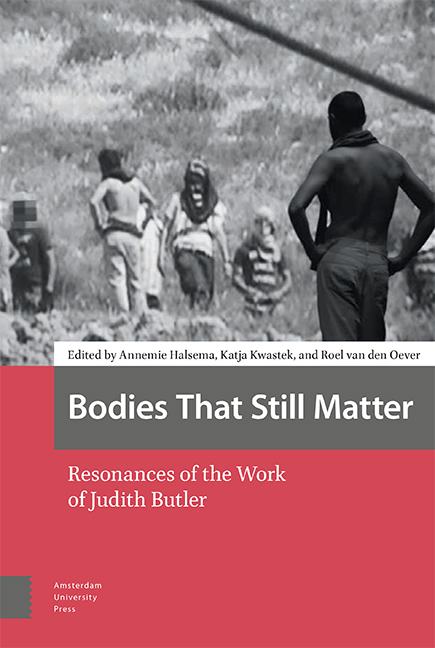Rethinking Counseling from a Relational Perspective: From Alleviating Suffering to “Becoming Human”
Published online by Cambridge University Press: 27 May 2021
Summary
Abstract
Counseling practices are guided by an aspiration to alleviate suffering and enhance well-being of clients. This entails a focus on minimizing vulnerability to others and on preservation from injury and violation. In the work of Judith Butler, too, there is a strong focus on the ethical importance of alleviating suffering, more precisely suffering related to oppression and social exclusion. Butler, however, also stresses the ethical limitations of attempting to preserve ourselves from injury and violation, in relation to her view that human beings are implicated and intertwined in each other's existence. An exploration of how this perspective resonates in the domain of counseling suggests that the practice of ethical counseling may benefit from rethinking the aim of counseling in terms of “becoming human.”
Keywords: counseling, psychotherapy, vulnerability, suffering, becoming (in)human
Counseling, Address, Account
This essay grew partly out of my struggle with the ethical issues that I faced when working as a criminal justice counselor (Schuhmann 2015, 24): How should I respond to stories that are both stories of crime and stories of suffering? Is it appropriate to aim at alleviating the suffering of someone who has harmed others? And how do I react when I suspect that an offender is lying to me in order to evoke my sympathy? When I got to know Judith Butler's work – by then I was no longer working as a counselor – I felt that it offered relevant clues for addressing these questions. I found it helpful to read that responding ethically to a story does not require an evaluation of the “truth” of that story. I was also struck by the notion that recognizing someone is not so much related to knowing the other as it is to realizing that the other cannot be fully known. An especially thrilling – but also puzzling – idea in Butler's work in relation to counseling concerns the place of vulnerability and suffering in life, as this requires rethinking the aim of counseling altogether. If, as relational beings, we cannot completely avoid vulnerability and suffering, then the notion that vulnerability and suffering are problems to be solved in counseling no longer holds.
- Type
- Chapter
- Information
- Bodies That Still MatterResonances of the Work of Judith Butler, pp. 91 - 102Publisher: Amsterdam University PressPrint publication year: 2021



